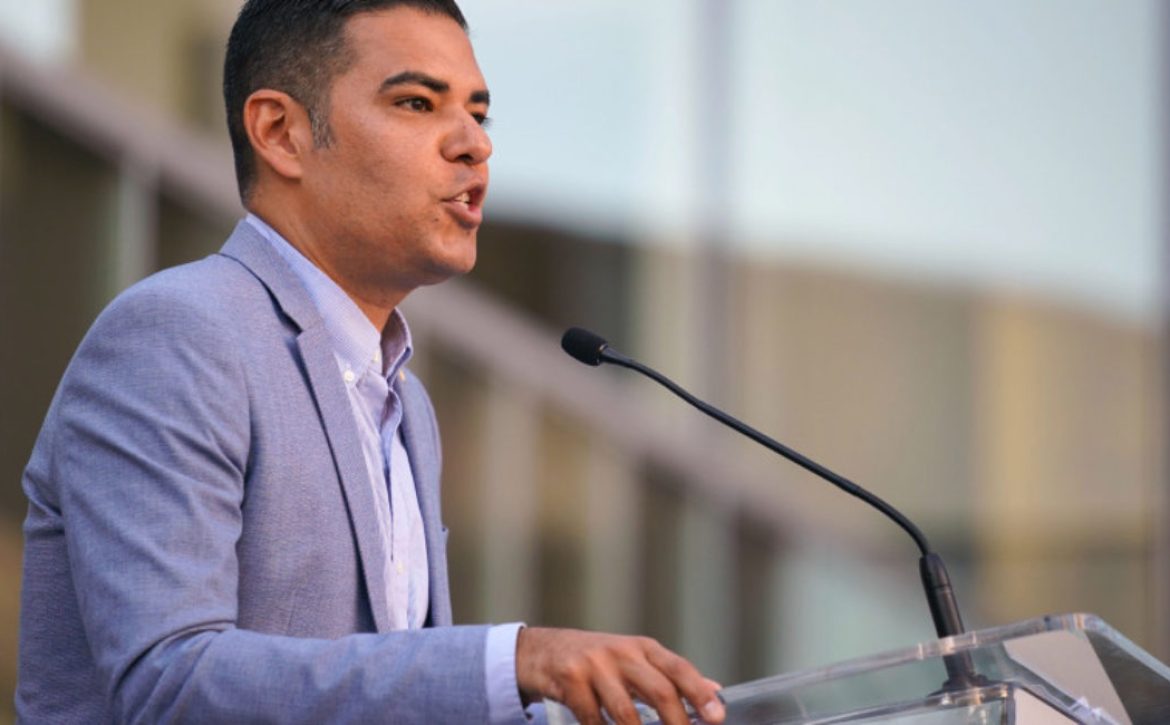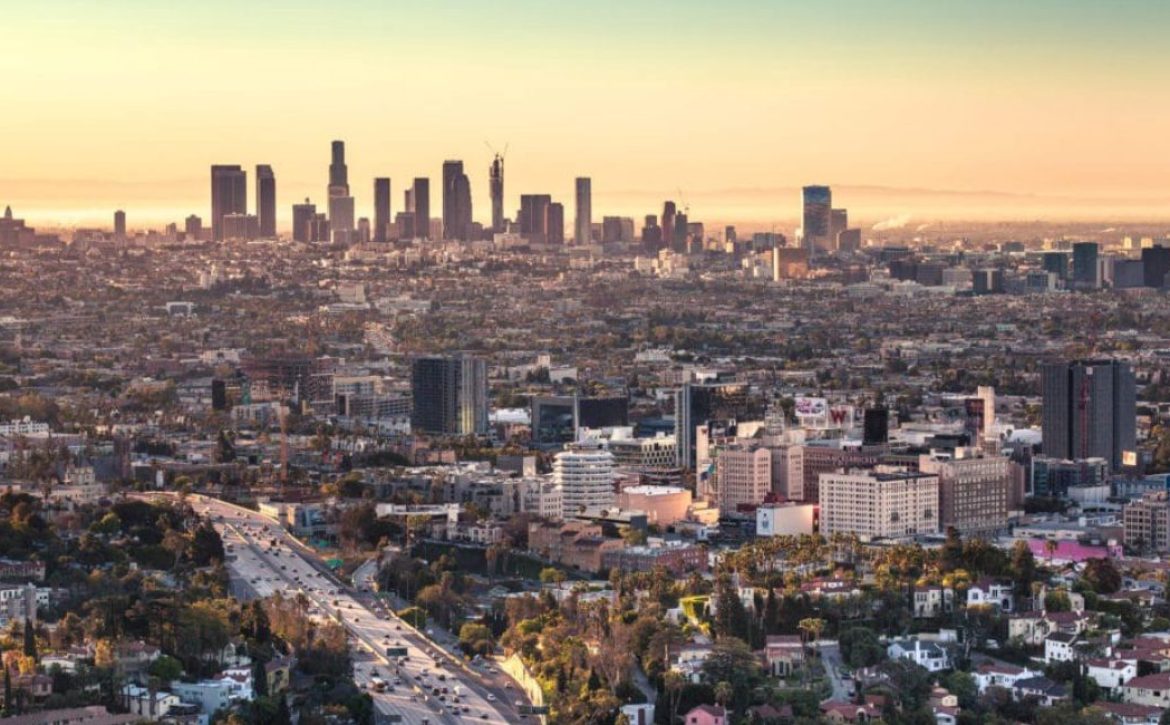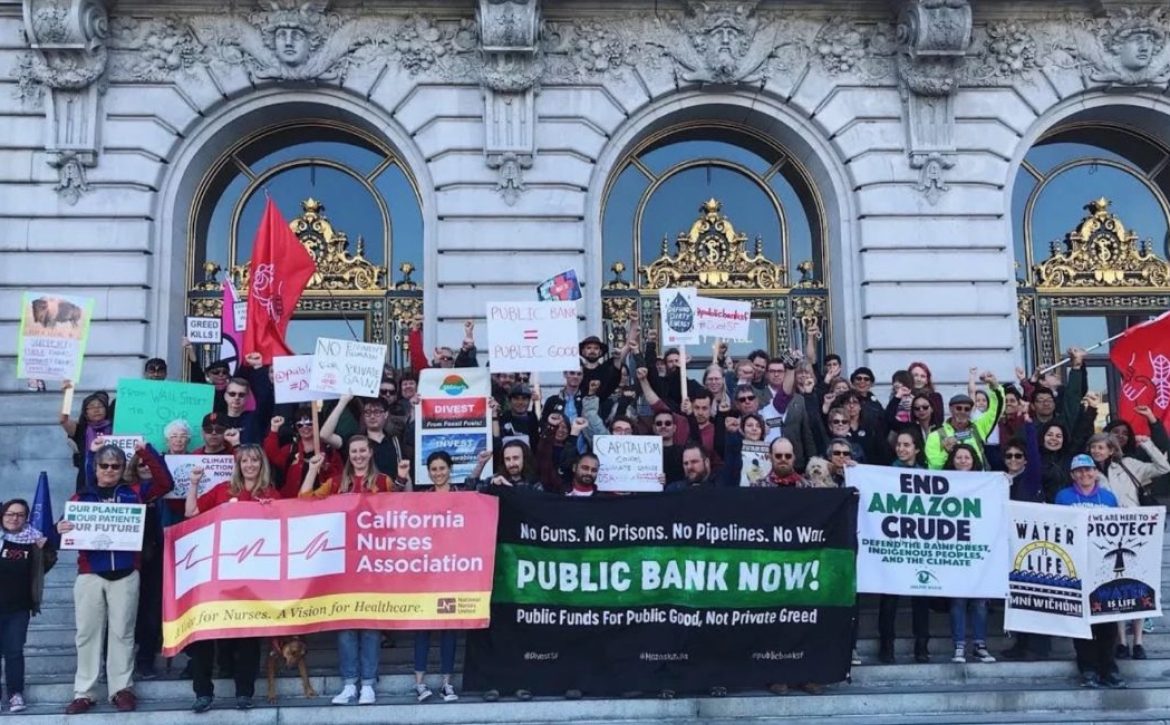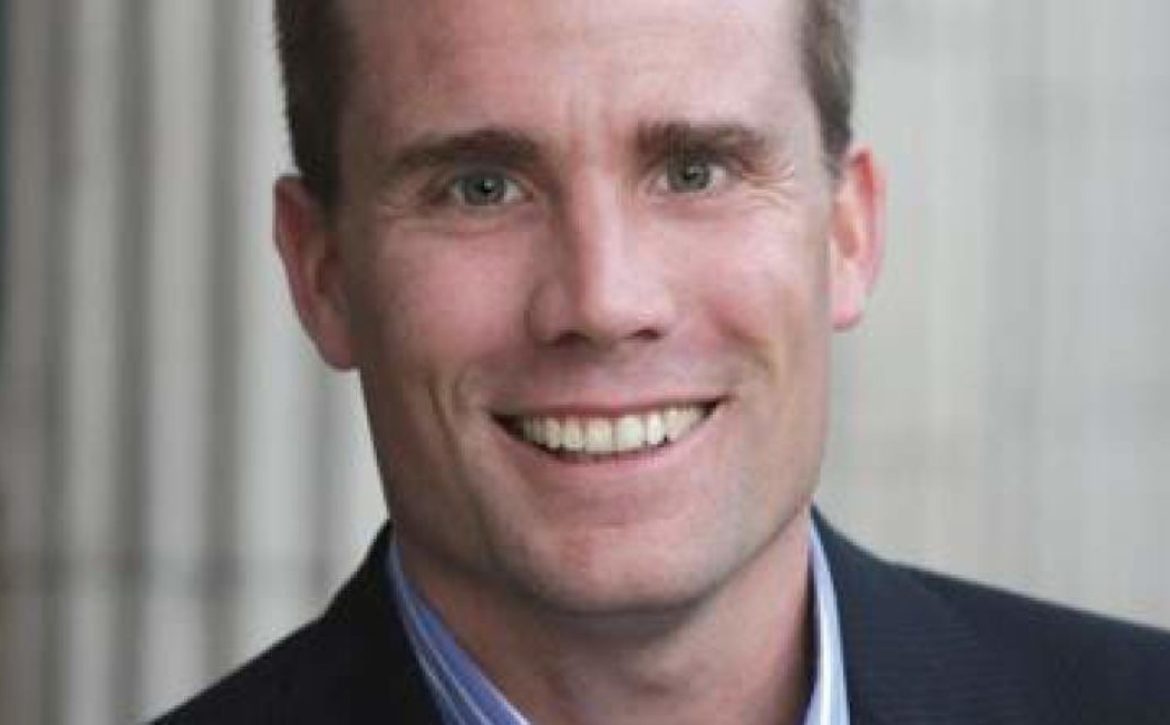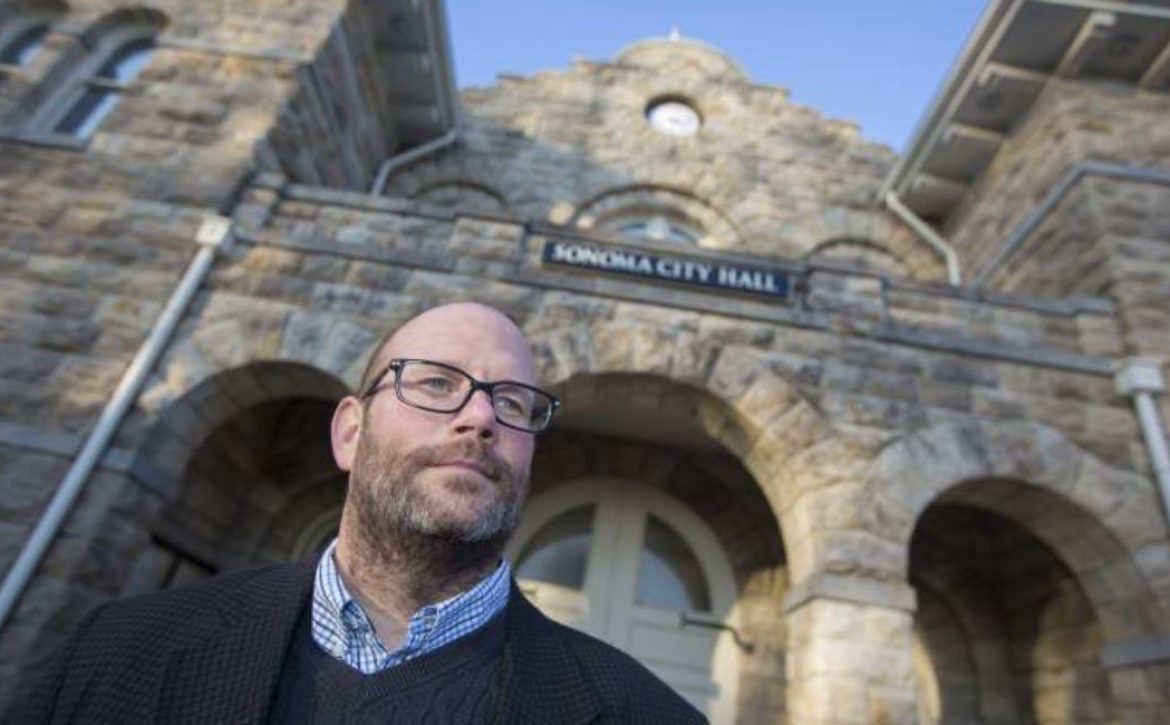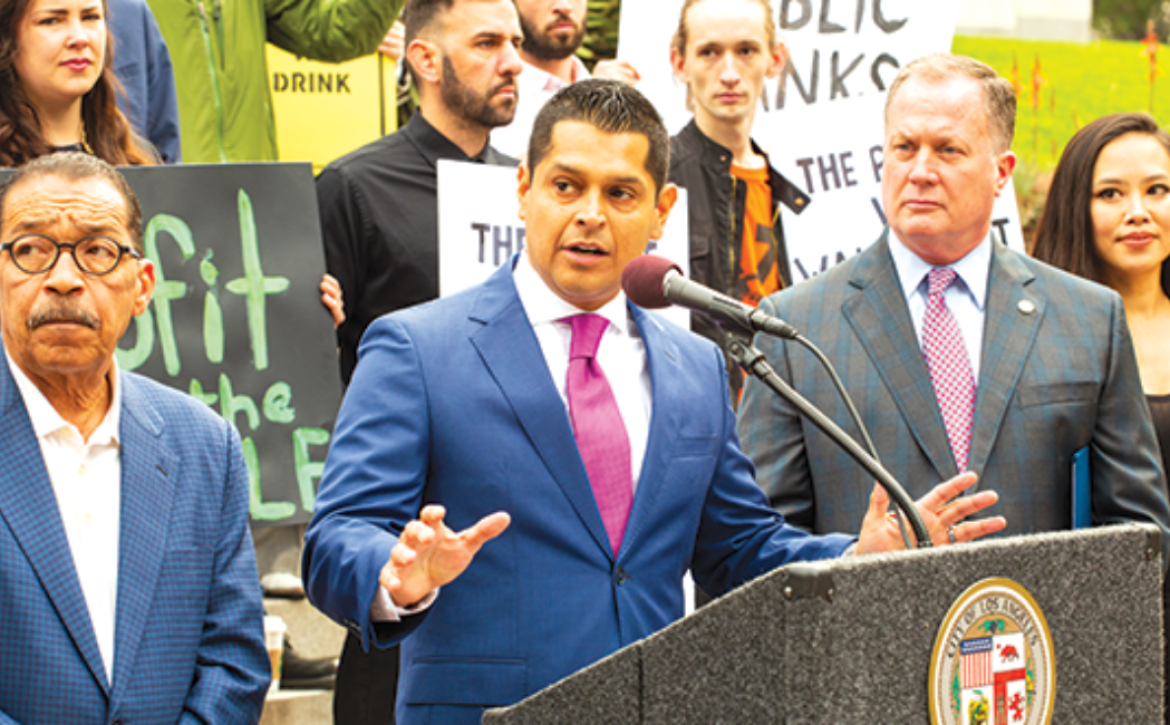The People’s Bank of Long Beach? Mayor supports the idea, if public banking bill becomes law
By Haley Munguia, Long Beach Press-Telegram. The Press-Telegram talks to CPBA’s Ben Hauck and Long Beach Mayor Robert Garcia on what a public bank could mean for Long Beach.
It’s time for local government to put its money where its mouth is.
At least, that’s what a fledgling group of activists from across the state will call on lawmakers to authorize when they descend on Sacramento this Monday, Aug. 26. There, the advocates will lobby for a wonky cause that’s quickly gaining traction in California’s progressive circles: public banking.
Though Long Beach Mayor Robert Garcia won’t be in the state capitol for the occasion, he stands with the organizers in spirit.
Garcia said this week that if Assembly Bill 857 – which would grant cities and counties the authority to establish their own government-run banks – becomes law, he hopes Long Beach would be the home of one of the state’s first public banks.
The prospect isn’t unlikely; the bill has already sailed through six legislative committees and was approved on the Assembly floor in May. Gov. Gavin Newsom, who gets the final say, has also signaled support for the concept.
Continue reading on Long Beach Press-Telegram.


